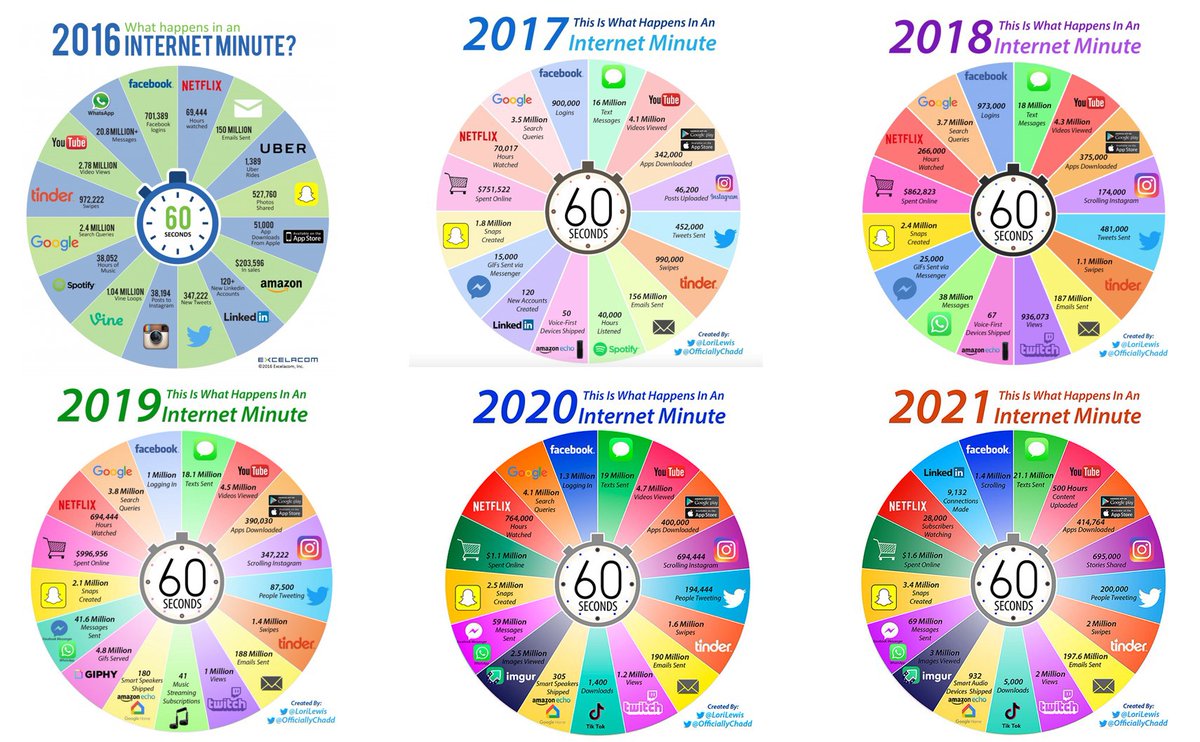In a world that is becoming more and more digital, the internet serves as a critical pillar of communication, enabling exchanges of ideas across borders and cultures. However, the rise of internet censorship presents a significant threat to the fundamental principle of free speech. Authorities and entities worldwide are adopting measures to control the flow of information, silencing dissent and restricting open dialogue. This issue raises critical questions about the future of a free and open internet.
As more people turn to digital platforms to communicate their ideas and participate in conversations, the implications of censorship stretch well past just limiting information. It weakens democracy, erodes trust in institutions, and restricts the range of viewpoints essential for a lively social fabric. Understanding the dynamics of internet censorship is vital as we navigate the complexities of free speech in this digital age, where every click can either boost a voice or silence it entirely
The Terrain of Internet Censorship
Online censorship has gradually become a key issue in the age of digital communication. A multitude of governments around the globe impose constraints on digital content, seeking to regulate the transmission of information and suppress dissenting opinions. This action raises serious concerns about the freedom to free speech, as people are frequently denied access to essential information, independent opinions, and varied perspectives. The environment of internet censorship differs from country to nation, influenced by political, social, and social factors.
In oppressive regimes, online censorship serves as a tool for control. These governments utilize complex technologies to monitor online activities and block access to sites that advocate for free expression or critical perspectives. By shaping the story, they seek to retain power and limit public discussion. In democratic societies, while content control may be less overt, there are still challenges as governments and private companies find the equilibrium between preventing harmful content and upholding free speech.
As internet content control evolves, it progressively impacts how individuals interact with information digitally. Automated systems and rules implemented by social media platforms can inadvertently contribute to censorship by amplifying certain perspectives while muting others. This situation creates an atmosphere where users may self-suppress out of concern of consequences. Understanding the environment of online content control is crucial for advocating for free speech and ensuring that varied voices are heard in the digital era.
Effect on Freedom of Expression
Online censorship straightforwardly erodes the fundamental principles of freedom of expression by restricting the diversity of perspectives and thoughts available to the public. When authorities and organizations impose restrictions over online content, they create an atmosphere where only sanctioned views are allowed to flourish. This not only squelches dissent but also discourages individuals from voicing themselves freely due to apprehension about repercussions. The chilling effect on free expression can lead to self-censorship, where users might be reluctant to share their thoughts, leading to a homogenized discourse that is devoid of diverse viewpoints.
Furthermore, censorship disproportionately affects underrepresented groups whose voices are often already underrepresented in mainstream media. With 인터넷가입비교 to channels for communication, these groups face additional barriers to sharing their opinions and experiences. The lack of various narratives can sustain stereotypes and maintain systemic inequalities, as the prevailing voices continue to drown out alternative viewpoints. This lack of representation further intensifies social divisions and restricts the potential for dialogue and comprehension.
Additionally, the implications of online censorship reach beyond individual voices; they influence societal discussions and societal norms. When people cannot reach a broad spectrum of data and views, it becomes increasingly challenging for them to participate in well-informed discussions and make educated decisions. A restricted internet reduces exposure to important issues, thus shrinking the space for public discourse. Ultimately, the erosion of freedom of expression online poses a serious threat to democratic principles, as an informed citizenry is crucial for a healthy democracy.
Case Studies and Actual Illustrations
One significant case of online censorship impacting free speech occurred in China with the Chinese firewall. This extensive system of content control blocks entry to foreign sites and screens search results, restricting citizens from acquiring information that goes against government narratives. Major platforms like Facebook and Twitter are unavailable, pushing users to rely on domestic services that often self-censor. This control stifles dissent and restricts the ability of citizens to express their opinions freely.

In Turkey, the government has been known to block social networks during critical political events, particularly during protests or national emergencies. For instance, in 2013 during the Gezi Park protests, Twitter and YouTube were temporarily banned to prevent organizers from spreading information. Such actions demonstrate how censorship is used as a tool to suppress opposition and maintain control over public discourse, ultimately infringing on individual rights to free expression.
Another noteworthy example can be seen in Russia, where the government has strengthened its grip on the internet through laws mandating that social media platforms store user data domestically and comply with censorship requests. The state's control over online platforms has culminated in the harassment of journalists and activists. By limiting access to alternative media and levying strict fines for spreading "fake news," the authorities erode free speech and create an environment where dissent is both dangerous and discouraged.
